Under the strategic deployment of the "14th Five-Year Plan" for the development of Xi'an Eurasia University, in September 2022, the School of Culture & Media sorted out the advantages of the School and its majors, and launched the international bilingual class project based on the previously accumulated teaching practice, thus driving the overall local international teaching level of the School and realizing high-quality applied talent cultivation.
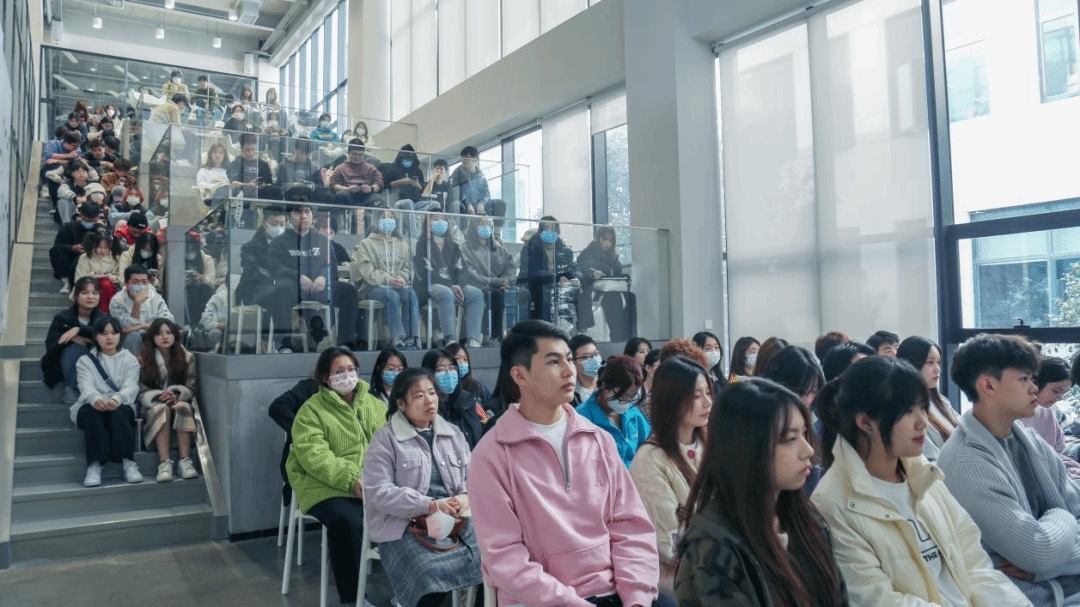
(Fig. 1) Scene of the meeting
On the afternoon of November 16, the School of Culture & Media of Xi'an Eurasia University held the first teacher-student meeting for the special activities of the international project in the hall on the first floor of the Design and Media Experimental Center. This activity comprehensively sorted out the overall situation of the international bilingual class project of the School of Culture & Media, provided students with detailed and long-term professional planning, and invited teachers with international education backgrounds to systematically introduce future curriculum activities to students and share their experience in overseas study.
01 Why We Are Here
At the beginning of the activity, Hao Chunyi, Deputy Dean of the School of Culture & Media, delivered a speech, welcoming all students to join the family of the School of Culture & Media. She mentioned that the international bilingual class project is based on the growth direction of students, aiming to improve their English proficiency through the bilingual teaching environment, better connect to international resources, create an international learning environment for students, and provide international cutting-edge media education. And this unique "DESIGN" would become the original intention and purpose of students to choose bilingual classes. Outside the classroom, in the construction of some extracurricular activities, international activities would immerse students in the atmosphere of "internationalization in the local area" to achieve the effect of teaching and learning.
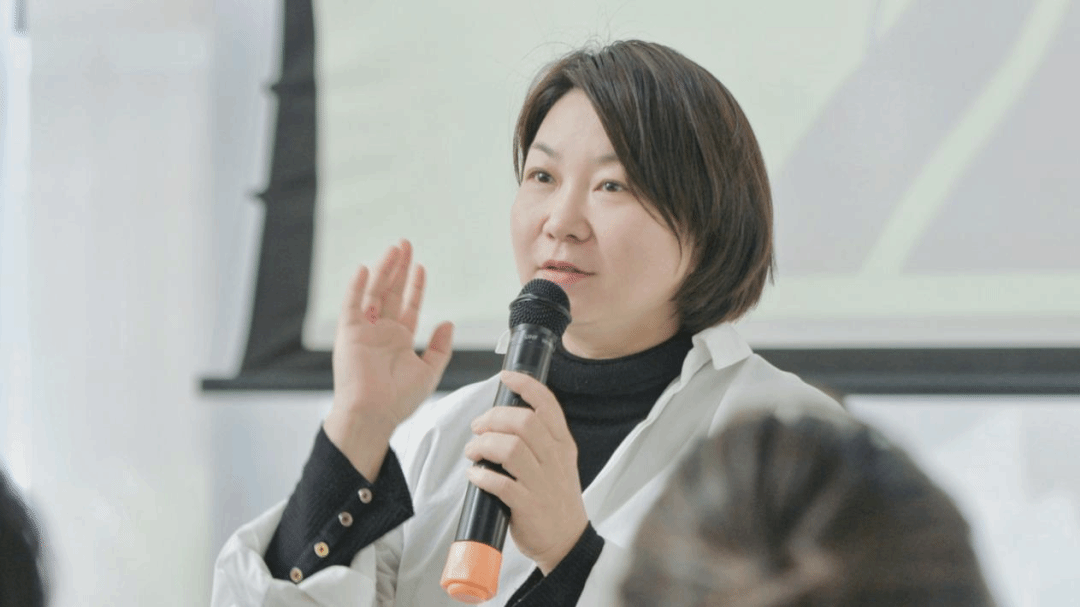
(Fig. 2) Speech by Hao Chunyi, Deputy Dean of the School of Culture & Media
02 Embarking on an International Growth Journey of Cultural and Media
After two months of college life and study, the students in the bilingual class had a personal experience of college life, but they were also a little confused. "What is the composition of my Credits? What are the bilingual courses? What other international experiences can I have besides the courses?" Faced with these doubts, Ms. Li Ang introduced the growth journey of the bilingual class through the overall introduction of the international project of the bilingual class.

(Fig. 3) Li Ang, head of the international project of Network and New Media
The bilingual class of the School of Culture & Media not only cooperates with the internationally renowned School of Journalism of the University of Missouri, the University of the Arts of San Francisco, and the Bournemouth University in the United Kingdom but also clarifies the development direction of the two majors. The Network and New Media major focuses on "digital marketing", and the Radio and television Editing major focuses on "creative production". Based on combining the curriculum of foreign colleges and universities, it strengthens the introduction of international curriculum standards. In this way, the curriculum construction and major construction can be promoted, and the foundation will be laid for future Sino-foreign cooperation in running schools. Promoting the diversified development of majors, from the perspective of student development, the international bilingual class project provides students of the School of Culture & Media with a good experience of local internationalization during their college years through comprehensive training in language and professional fields, providing students with an international perspective and international thinking, so that they can have the ability and possibility to be exposed to and learn from different ideas and perspectives. Of course, the purpose of the bilingual class is not only to improve students' language learning ability but also to break through students' language barriers and improve their foreign language competence by concentrating on superior strength and resources, thus laying a foundation for high-level domestic and international education and employment in international enterprises and top enterprises.
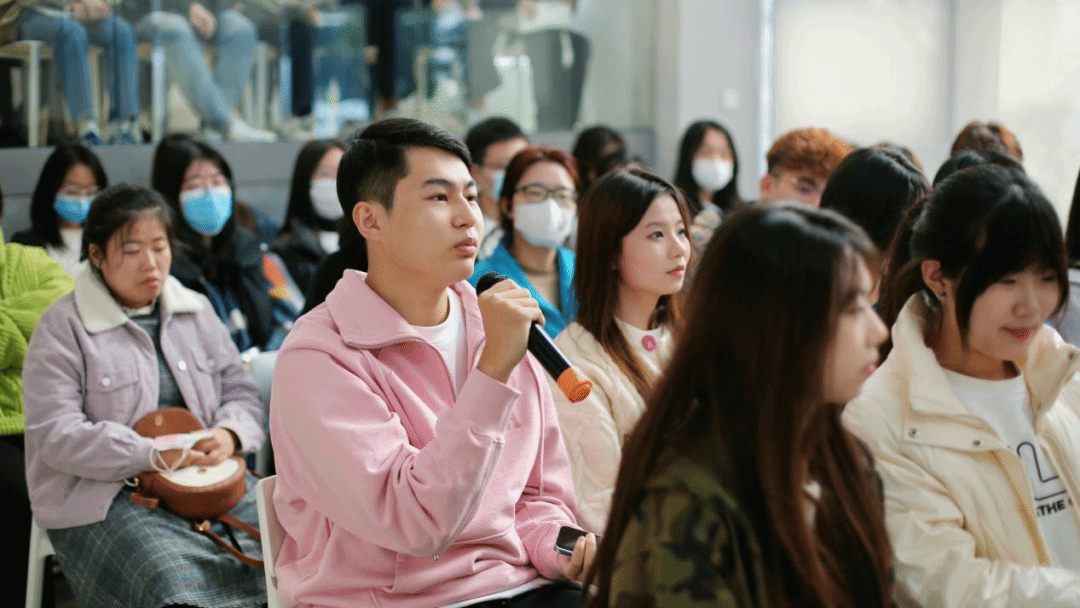
(Fig. 4) Teacher-student interaction
Specifically, the bilingual class not only has an increased number of language courses but also IELTS English courses for students preparing for international studies. In addition, bilingual courses and even English-taught courses are set up for students in professional courses. In addition, there are also a variety of growth activities. Students can not only gain international vision and thinking in their professional fields and languages but also realize the two-way connection between practice and courses. From formal course learning to rich non-course learning, the bilingual class meets the diversified growth expectations of students and looks forward to creating infinite possibilities for students in the future.
03 Focus on the International Growth Path of Cultural Communication
Regarding the multiple growth paths, Mr. Wu Kangle has planned a variety of possibilities for everyone. He mentioned that hobbies were the tendency to actively explore something or carry out certain activities, and the freshness of learning was also a kind of auxiliary contact for students to the learning objects. Combining his own growth process, Mr. Wu shared with the students the methods of learning English: input and output, that is, to communicate in English bravely. He advocated that students should improve their English proficiency during their freshman and sophomore years, and do not block the opportunities for communication due to poor command of English.
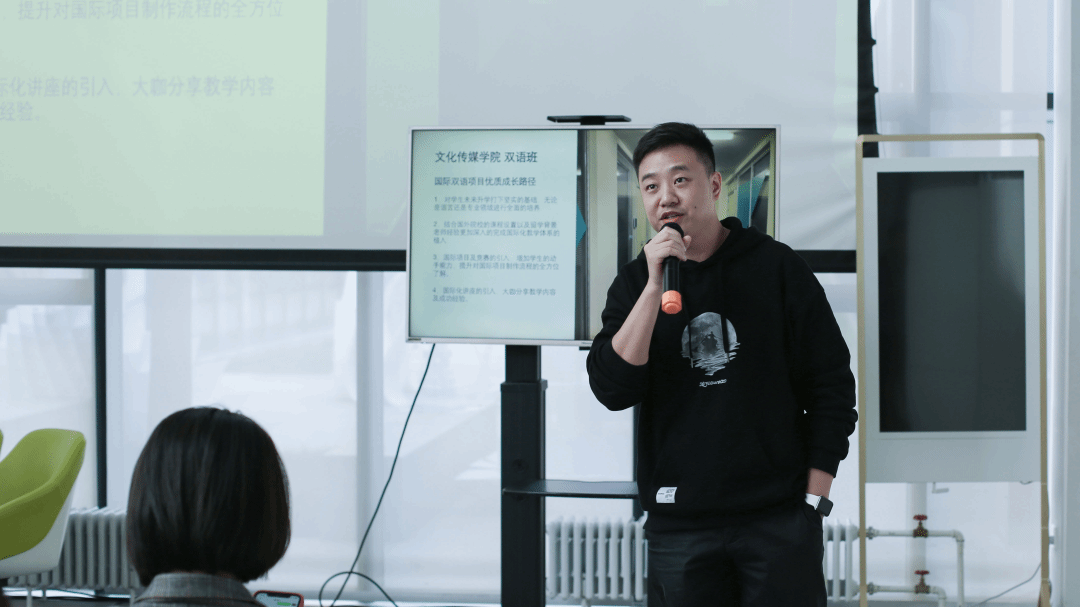
(Fig. 5) Wu Kangle, director of the international project of Radio and Television Editing
Learn English terms and develop professional thinking. The international bilingual class project will adopt an elite model of "small class" and "one-on-one" to formulate a four-year university learning plan for students that meets their own development needs. Then, Mr. Wu pointed out, "New media is a real-time updated major, and we need to keep professional thinking sensitive." Methods of learning software can be found on the platform, but the way to learn professional thinking cannot be found on it. What we want to cultivate is the thinking of professional practice and operation, not the mere use and operation of software. Regarding professional thinking, Mr. Wu also said that improving our basic theoretical knowledge and aesthetic ability was the improvement of the lower limit, while the practical ability and enthusiasm in the experimental operation stage determine our upper limit. Only when the upper limit and the lower limit are combined can we go further.
04 Interest Is the First Step to Stimulate Creativity
"Creativity is not only an ability but also a manifestation of life experience and professional skills. It makes the difference between you and me," said Mr. William, who further explained the importance of interests in study in a humorous way. Mr. William shared his experience and interests with the students in the bilingual class, including food, travel, animation, etc.... Taking himself as an example, he introduced the importance of "Creativity" in shaping "My idea", and "Idea and Creativity" was an important basis for showing one's personality and creativity. Later, Mr. Chen Yifang also said, "Art has no borders. Try your best to be good enough and find your interests." "Show me" is important to show your talents, ideas, and creativity. If you are not good at English, you can use English movies to create a learning atmosphere and cultivate your interest in study. Mr. Chen, taking himself as an example, also shared his overseas study experience for students who have plans to study abroad in the future.

(Fig. 6) William, a full-time teacher of the School of Culture & Media
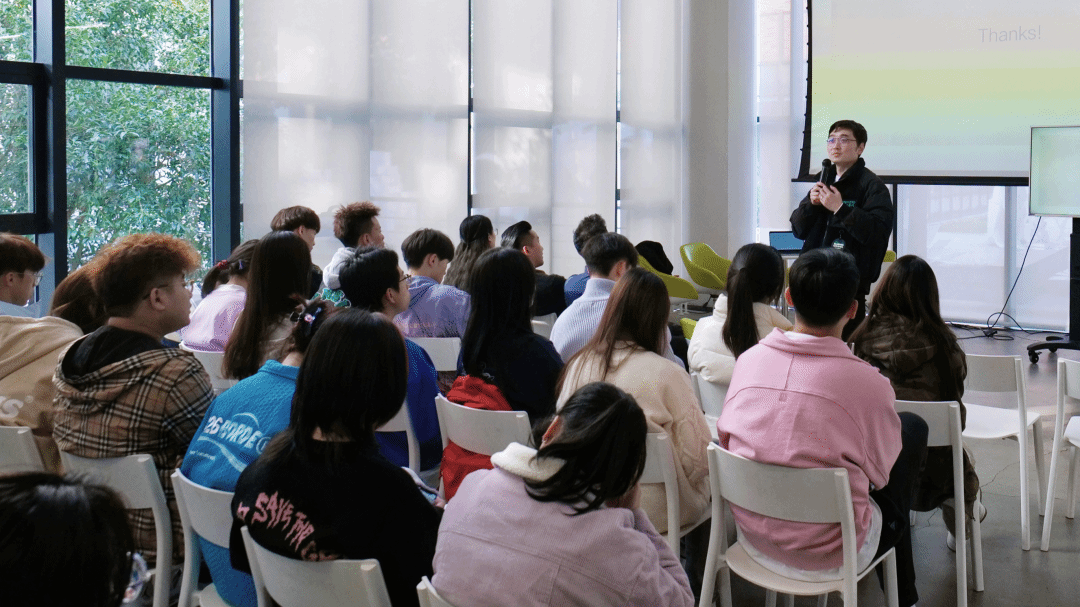
(Fig. 7) Chen Yifang, a full-time teacher of the School of Culture & Media
Start here and go anywhere. Hope that each student of the bilingual class can follow the complete growth path and move towards a larger and broader international stage with clear growth goals.

